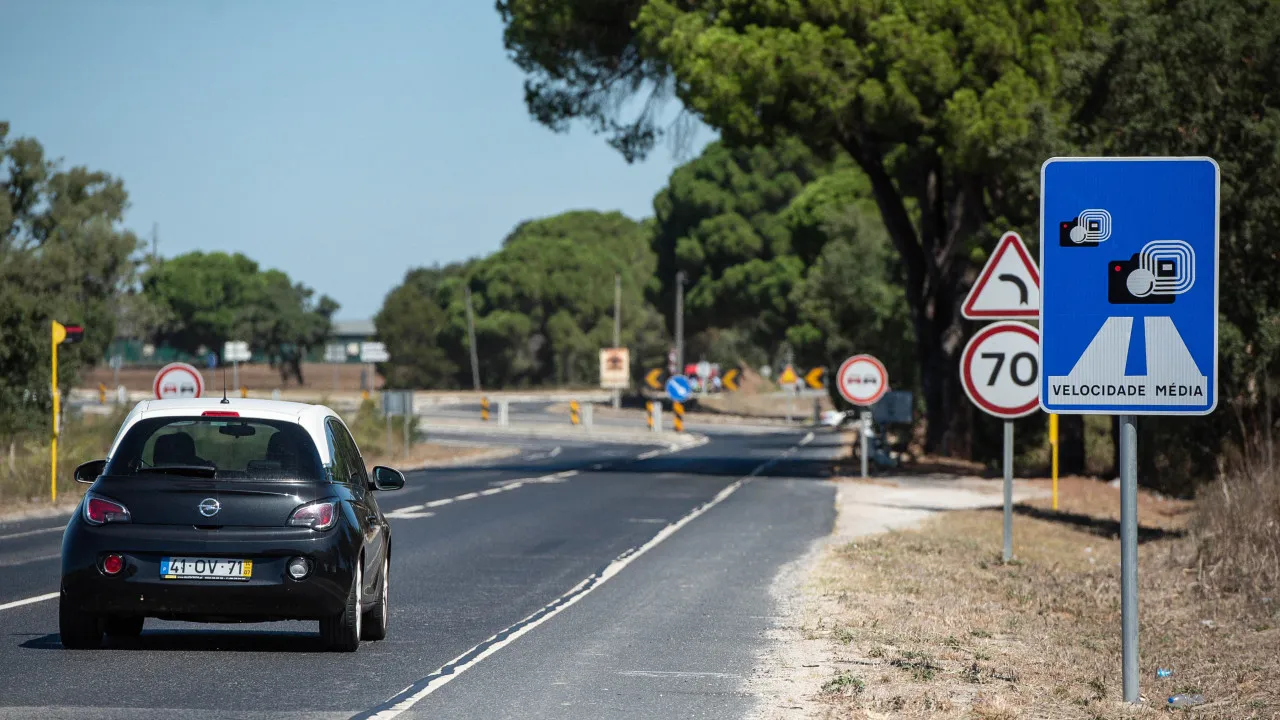The Minister of Defense today called Donald Trump’s statements about encouraging Russia to invade NATO countries that invest less in Defense irresponsible, arguing that they put “everyone’s security at risk”.
“I don’t want to give it too much importance, as our foreign minister [João Gomes Cravinho] has already said, the secretary general of NATO [Jens Stoltenberg] himself has said, these are irresponsible words and they are words that put the security of all of us at risk,” said Helena Carreiras, speaking to journalists at the end of a meeting at the Atlantic Alliance headquarters in Brussels.
The Minister of National Defense added that the statements made by the former President of the United States of America (USA) “were completely, finally, set aside by the way in which” the Secretary General of the North Atlantic Treaty Organization (NATO) “took note of the progress that the Alliance has made” in terms of investment in the military capabilities of each member state.
“There is a very clear awareness that we are together,” she added.
Last Saturday, Donald Trump, who wants to be elected the Republican candidate for the November presidential elections in the US, said that if he is re-elected President he would encourage Russia to invade countries with lower contributions to NATO or that have not yet reached 2% of their Gross Domestic Product (GDP) in the area of Defense.
During a rally in South Carolina, the former US head of state recounted a story he allegedly had with the counterpart of a NATO country, whom he did not identify, who confronted him about the threat of not defending member states that failed to meet established targets.
“One of the presidents of a great country stood up and said, ‘Well, sir, if we don’t pay and we’re attacked by Russia, are you going to defend us?” reported Donald Trump.
And he replied: “No, I’m not going to protect you anymore. In fact, I’m going to encourage you [the Russians] to do whatever you want. You have to pay your debts,” he added.
Portugal has set 2030 as the deadline for reaching 2% of GDP in defense investment.








